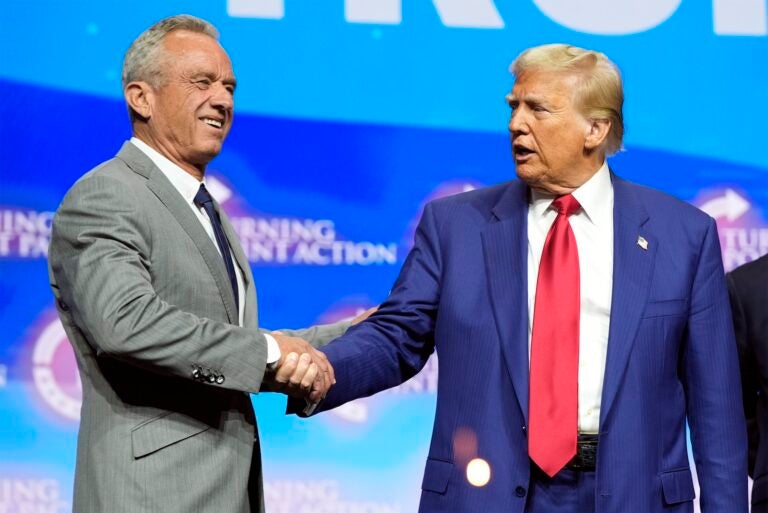This story originally appeared on NPR . Former President Donald Trump’s election victory and coming return to the White House will likely bring changes that scale back the nation’s public health insurance programs — potentially increasing the uninsured rate, while imposing new barriers to abortion and other reproductive care. The reverberations will be felt far beyond Washington, D.
C., and could include an erosion of the Affordable Care Act’s consumer protections, the imposition of work requirements in Medicaid and funding cuts to the safety net insurance, and challenges to federal agencies that safeguard public health. Abortion restrictions may tighten nationwide with a possible effort to restrict the mailing of abortion medications.
And with the elevation of vaccine skeptic Robert F. Kennedy Jr. to Trump’s inner circle of advisers, public health interventions with rigorous scientific backing — whether fluoridating public water supplies or inoculating children — could come under fire.
Trump’s victory will give a far broader platform to skeptics and critics of federal health programs and actions. Public health authorities worry that in a worst case, the U.S.
could see increases in preventable illnesses; a weakening of public confidence in established science; and debunked notions — such as a link between vaccines and autism — adopted as policy. Trump said in an NBC News interview on Nov. 3 that he would “make a decision” about banning some vaccines, sa.


















